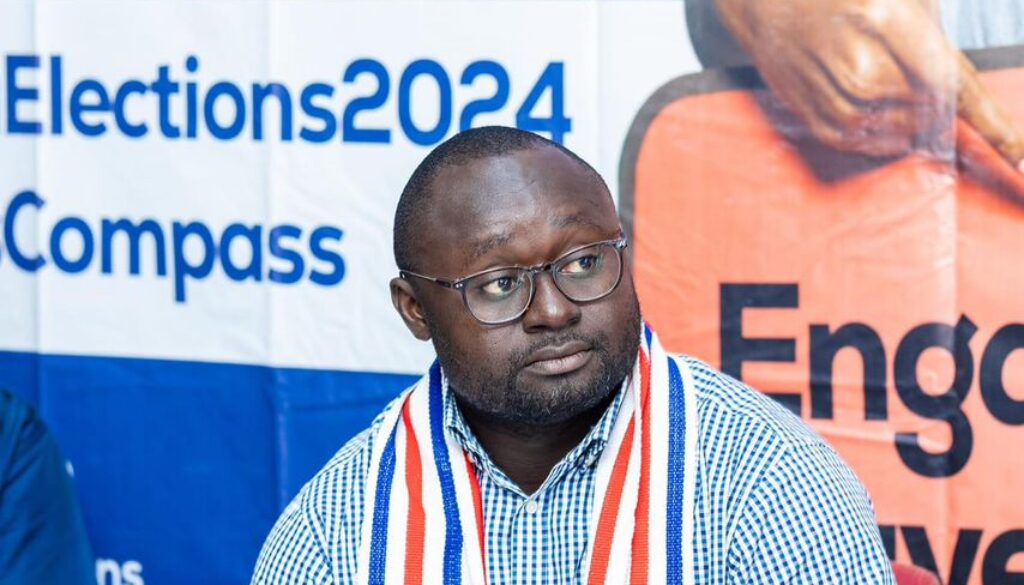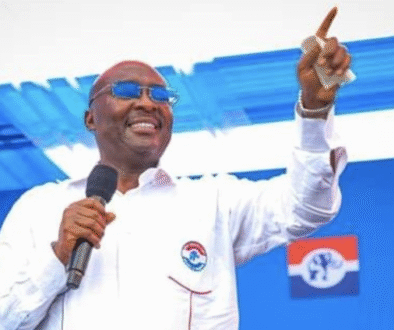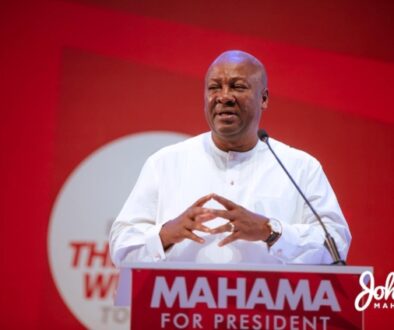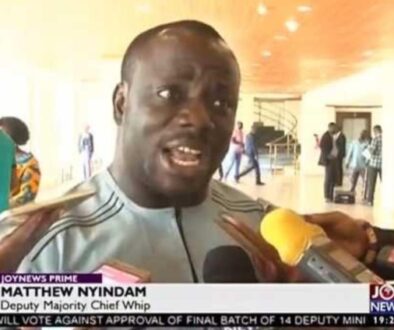Dr. Keskine Owusu Poku writes:TO EXPAND OR NOT TO EXPAND; THE DELEGATES SYSTEM IN NPP
By:Dr. Keskine Owusu Poku
As NPP contemplates on restructuring the party, many calls have been directed at scrapping the polling station system, expanding the delegate system, and in some instances, granting voting rights to all party members in good standing.

There is pragmatism in constructively drawing a line between leadership at the polling station (to coordinate the day to day party activities at the polling stations) and the delegate system (persons with right to vote as part of special electoral colleges in the election of PCs and the flag bearer). Hence, I submit as follows:

Dr. Keskine Owusu Poku
- NPP needs to separate the concept of polling station officers from delegates. We can maintain the 5 as leaders at the polling stations to manage the affairs of the party at the polling station level. However, we must expand those number of persons from each polling station with voting rights to include all known and verified party members.
Let’s be reminded that every polling station in Ghana consist of not more than 80 houses. This means every polling station officer, on average, has 16 houses to work on for 4 years. Our problem has been that we sometimes get wrong people to fill polling station positions for the purposes of elections especially in the selection of PCs.
Some have argued for the expansion of the delegates system to include 5 additional polling station officers which brings the number of polling station officers from 5 to 10 (with voting rights). That rarely addresses the concern at hand. It may end up compounding the problem because it will ultimately increase the ‘bribing budget’ and not successful take out the monetisation. A PC who paid ghc5000 will now have to pay ghc2500 to cover all the 10 polling station officers. For the purpose of protecting their interest, square pegs will be selected to fill the round holes. It will, at best, lead to a glorified incompetent delegates system and a moribund polling station structure with officers who are only responsive the parliamentary and presidential primaries.
- To expand, we need to give the following people voting rights:
a. all former polling station officers
b. all former electoral coordinators
c. former MMDCEs
d. former MPs
e. Former Parliamentary candidates
f. formers PC aspirants
g. former council of elders and patrons
h. known party communicators and
I. serial callers and
j. other identified party members (identifiable groups in the constituency) voting rights.
These identified individuals/groups will form the nucleus around which party activities and polling station membership drive will revolve. All members in good standing and with paid-up dues should thus be given a voting right too. Allow me to use Old-Tafo constituency as an example:
If Old-Tafo constituency with 144 polling stations can boast of 100 paid-up party members in every polling station, it means over 14000 people will vote to choose the PC and FB. With about 70,000 voters in the constituency, this means every party member is to campaign to just 6 other people. This must be the ultimate goal.
More to the concern of ‘moneycracy’ in our politics, such a broad-based delegate system makes it practically impossible to bribe your way to victory. PCs must also be estopped from making bulk dues payments for delegates. Dues payment must be by individual members.
- Now, the practice of MPs working to get people off the album will stop because people will still have voting rights even if they are not polling station officers within a term period.
-
The practice of wanting to be a polling station officer at all cost even if one can’t function will also be limited. It will give way for people who are more willing and able to serve at the polling station to take up roles. Currently, people strive to be polling station officers because they want to vote.
-
Lastly, it gives the party the broad appeal that we seek for our candidates. A candidate will have to seriously engage the constituents, be visible, respectful and productive in the constituency before he or she is chosen. It will ultimately make our PCs responsive to the constituents. By the time a PC is elected, about 25% of his or her campaign would have already been done.
End…






